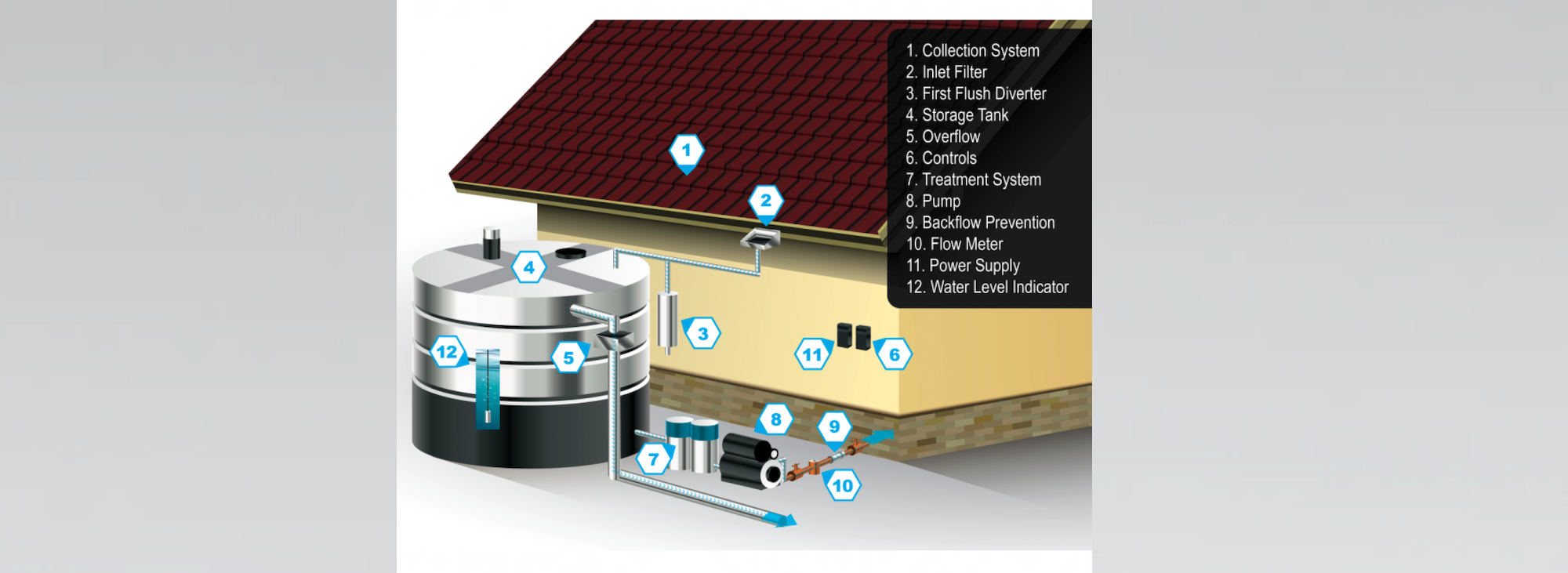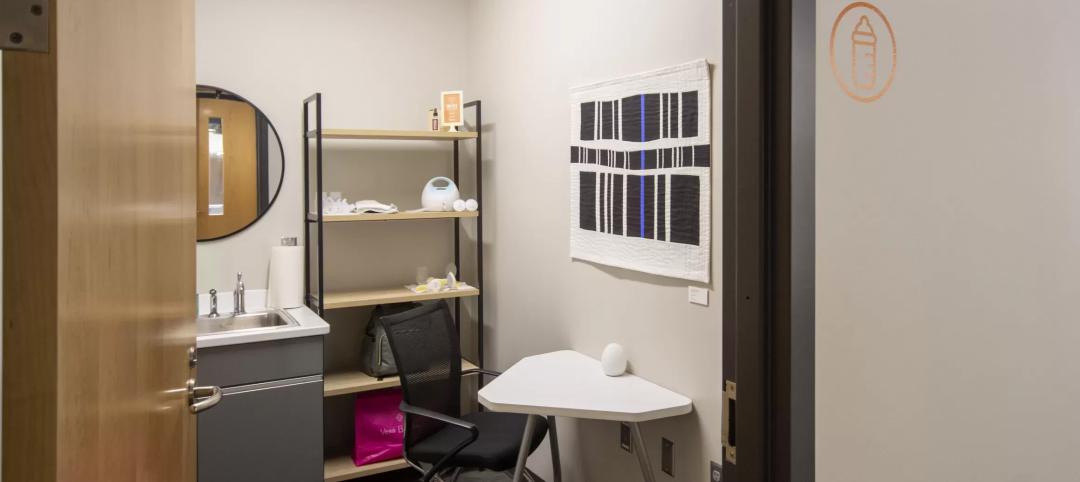ASSE/ARCSA/IAPMO/ANSI Series 21000-2022, Professional Qualifications Standard for Rainwater Catchment Systems Personnel, has been designated as an American National Standard by the American National Standards Institute (ANSI).
Now available for purchase, the standard was first published in 2017 by ASSE International and the American Rainwater Catchment Systems Association (ARCSA) to address an increasing number of residential, commercial, and industrial rainwater and stormwater systems being installed. The standards within Series 21000 establish best practices and uniform minimum requirements for qualified designers, installers, and inspectors of viable alternative water systems utilizing captured rainwater or stormwater.
Program guidelines and a series of exams have been created for the certification of rainwater catchment system installers, designers and inspectors. The standard complements ARCSA/ASPE/ANSI 63, Rainwater Catchment Systems, and ARCSA/ASPE/ANSI 78, Stormwater Harvesting System Design for Direct End-Use Applications.
“Today, 42.4% of the U.S. and 50.7% of the lower 48 states are in drought. Properly designed, installed, and inspected rainwater catchment systems can help replace the use of potable water for irrigation and allow for watering landscaped and gardened areas during times of drought,” said Kurt Steenhoek, United Association (UA) international representative and ASSE Series 21000 Working Group chairperson. “These systems can help bring water to areas that have development restrictions, depleted ground or surface water sources, or infrastructure that is unable to deliver suitable water quantities or qualities.”
Related Stories
Office Buildings | Aug 1, 2023
Creating a nurturing environment: The value of a mother’s room in the workplace
Since becoming an architect, Rebecca Martin of Design Collaborative has drawn a mother’s room into numerous projects. But it wasn't until she became a mom that she fully appreciated their importance in the workspace.
Sustainability | Jul 27, 2023
USGBC warns against building energy code preemptions, rollbacks
In a recent editorial, the USGBC cited a growing number of U.S. state legislators who are “aiming to roll back building energy code standards and/or preempt local governments from advancing energy-efficient building codes.”
Resiliency | Jul 27, 2023
'Underground climate change' can damage building foundations, civil infrastructure
A phenomenon known as “underground climate change” can lead to damage of building foundations and civil infrastructure, according to a researcher at Northwestern University. When the ground gets hotter, it can expand and contract, causing foundations to move and sometimes crack.
High-rise Construction | Jul 25, 2023
World's largest market-rate, Phius Design-certified multifamily high-rise begins leasing
The Phius standard represents a "sweet spot" for aggressive decarbonization and energy reduction, while remaining cost-effective.
Codes and Standards | Jul 17, 2023
Outdated federal rainfall analysis impacting infrastructure projects, flood insurance
Severe rainstorms, sometimes described as “atmospheric rivers” or “torrential thunderstorms,” are making the concept of a “1-in-100-year flood event” obsolete, according to a report from First Street Foundation, an organization focused on weather risk research.
Sponsored | Fire and Life Safety | Jul 12, 2023
Fire safety considerations for cantilevered buildings [AIA course]
Bold cantilevered designs are prevalent today, as developers and architects strive to maximize space, views, and natural light in buildings. Cantilevered structures, however, present a host of challenges for building teams, according to José R. Rivera, PE, Associate Principal and Director of Plumbing and Fire Protection with Lilker.
Mass Timber | Jul 11, 2023
5 solutions to acoustic issues in mass timber buildings
For all its advantages, mass timber also has a less-heralded quality: its acoustic challenges. Exposed wood ceilings and floors have led to issues with excessive noise. Mass timber experts offer practical solutions to the top five acoustic issues in mass timber buildings.
Codes | Jul 10, 2023
Water Demand Calculator outperforms traditional plumbing codes for energy, carbon, and water savings
Using IAPMO’s Water Demand Calculator tool can result in energy, carbon, and water savings as compared to using traditional plumbing specification methods in plumbing codes, according to a study by Arup.
Contractors | Jun 30, 2023
Construction industry task force aims for standardized carbon reporting
A newly formed Associated General Contractors of America (AGC) task force on decarbonization and carbon reporting will address the challenges around reporting and reducing carbon emissions in the construction industry.
Standards | Jun 30, 2023
New ASHRAE standard aims to reduce disease transmission risk in indoor spaces
ASHRAE Standard 241, Control of Infectious Aerosols establishes minimum requirements to reduce the risk of disease transmission by exposure to infectious aerosols in new buildings, existing buildings, and major renovations. Infectious aerosols are tiny, exhaled particles that can carry pathogens that cause infections or disease.

















